Office Of The Strategic Services Operational Groups In France During World War II, July-October 1944
Nonfiction, History, Germany, European General, Military, United States| Author: | Major John W. Shaver III | ISBN: | 9781786254160 |
| Publisher: | Lucknow Books | Publication: | November 6, 2015 |
| Imprint: | Lucknow Books | Language: | English |
| Author: | Major John W. Shaver III |
| ISBN: | 9781786254160 |
| Publisher: | Lucknow Books |
| Publication: | November 6, 2015 |
| Imprint: | Lucknow Books |
| Language: | English |
This study evaluates six Operational Groups which supported Allied operations in France during the period 31 July to 10 October 1944. The groups were composed of two officers and 15 enlisted men. They were trained to work behind enemy lines conducting sabotage and guerrilla activities.
The conceptual developments of Operational Groups doctrine, recruitment, command and control, and training for these volunteers are first examined. The teams’ missions are then examined.
The study concludes the concept for Operational Groups was sound, but they were not properly employed as strategic assets, thus not exploiting their capabilities to the fullest. Problems they experienced were mission orders, intelligence, command and control, and air delivery of special operations personnel.
Studying their history is useful to today’s leaders and Special Forces as a means of evaluating special operations support to a theater.
This study evaluates six Operational Groups which supported Allied operations in France during the period 31 July to 10 October 1944. The groups were composed of two officers and 15 enlisted men. They were trained to work behind enemy lines conducting sabotage and guerrilla activities.
The conceptual developments of Operational Groups doctrine, recruitment, command and control, and training for these volunteers are first examined. The teams’ missions are then examined.
The study concludes the concept for Operational Groups was sound, but they were not properly employed as strategic assets, thus not exploiting their capabilities to the fullest. Problems they experienced were mission orders, intelligence, command and control, and air delivery of special operations personnel.
Studying their history is useful to today’s leaders and Special Forces as a means of evaluating special operations support to a theater.
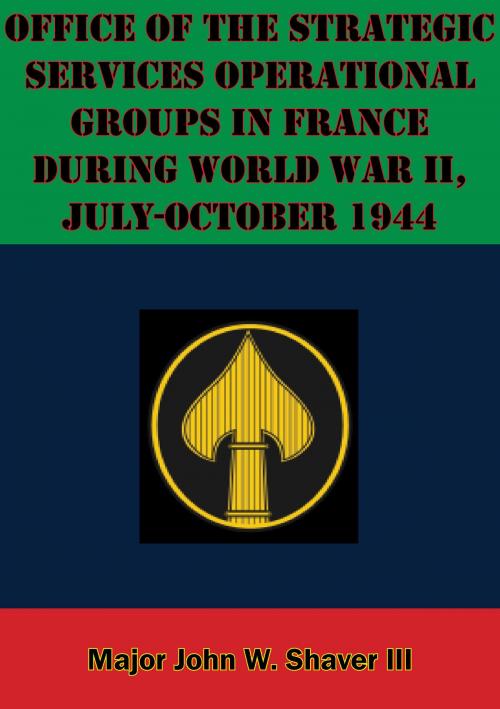
![Cover of the book The Emma Gees [Illustrated Edition] by Major John W. Shaver III](https://www.kuoky.com/images/2015/november/300x300/9781786255501-8RDw_300x.jpg)
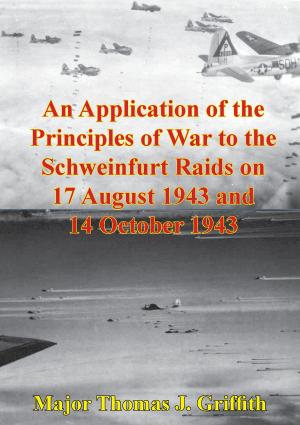
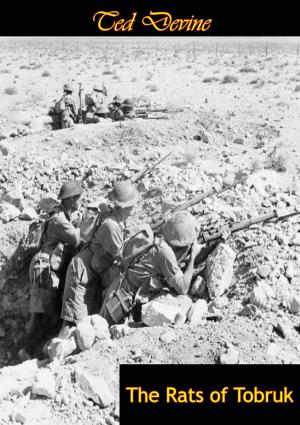
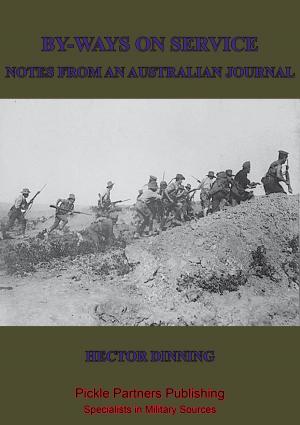
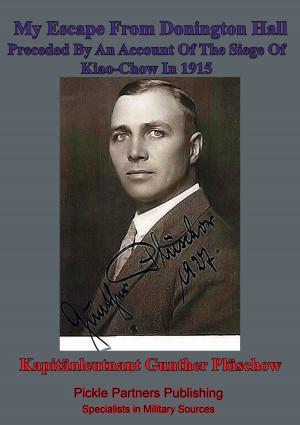
![Cover of the book The Mediterranean and Middle East: Volume I The Early Successes Against Italy (To May 1941) [Illustrated Edition] by Major John W. Shaver III](https://www.kuoky.com/images/2014/august/300x300/9781782895589-Gmiw_300x.jpg)
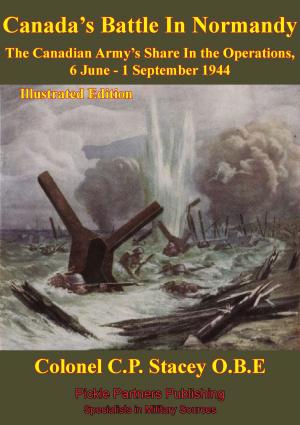


![Cover of the book Adventures Of An Ensign [Illustrated Edition] by Major John W. Shaver III](https://www.kuoky.com/images/2015/november/300x300/9781786255617-DmjT_300x.jpg)
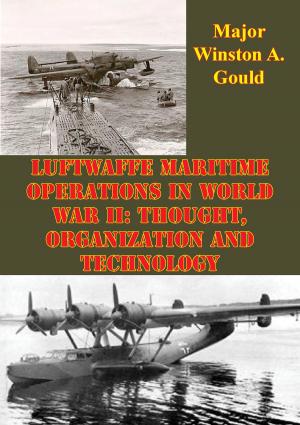
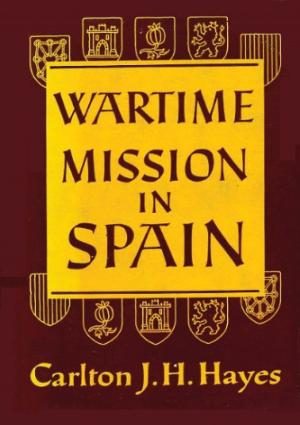
![Cover of the book In The Clouds Above Baghdad, Being The Records Of An Air Commander [Illustrated Edition] by Major John W. Shaver III](https://www.kuoky.com/images/2013/january/300x300/9781782891123-glAg_300x.jpg)
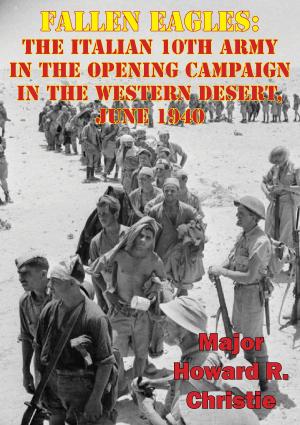
![Cover of the book TO BIZERTE WITH THE II CORPS - 23 April - 13 May 1943 [Illustrated Edition] by Major John W. Shaver III](https://www.kuoky.com/images/2014/august/300x300/9781782894582-rGRQ_300x.jpg)